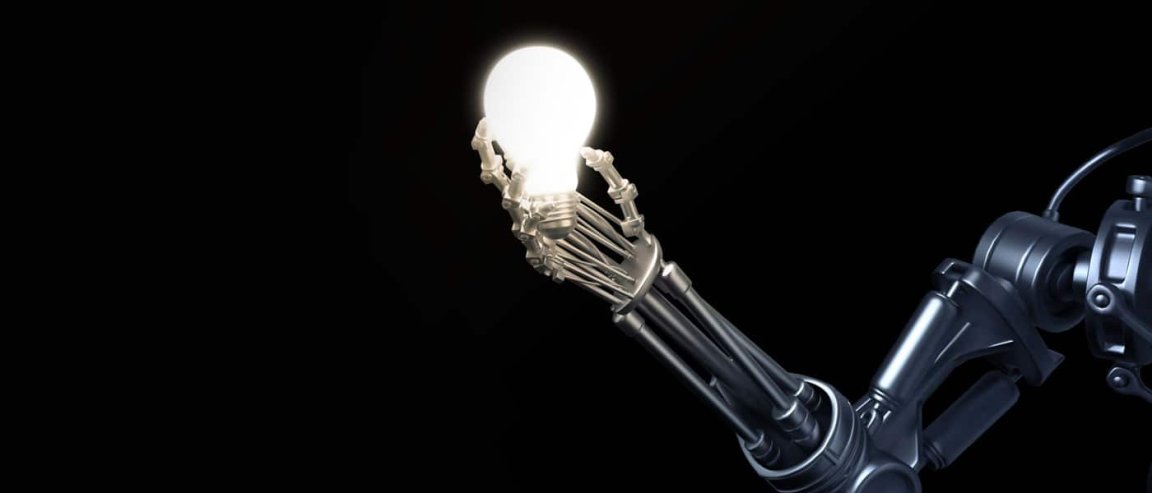
Giving credit where it’s due
Patents are given to inventions, which are usually the product of a human mind. But what about inventions that come from not-so-human sources, like artificial intelligence (AI)? Should these patents be awarded to their computer inventors?
Well, at least one expert patent attorney thinks so.
Ryan Abbott is a professor of law and health sciences at the University of Surrey’s School of Law, and he is a patent attorney at the United States Patent and Trademark Office (USPTO). He is also an adjunct assistant professor of medicine at the David Geffen School of Medicine at UCLA—quite the list of credentials, to be sure.
Using a paper he recently published in the Boston College Law Review as a framework, Abbott is petitioning to change what he considers a fundamental policy: “I argue that we ought to acknowledge a computer as an inventor because it would incentivize the development of creative computers and result in more innovations for society,” he says.
The Rights of Man and Machine
In an interview with Singularity Hub, Abbott explains how current patent laws don’t recognize that certain inventions made by nonhuman inventors are already patentable. According to Peter Rejcek, examples of these would include the Oral-B CrossAction toothbrush, several music compositions, and food recipes.

“Creative computers may require a rethinking of the baseline standard for inventiveness, and potentially the entire patent system,” says Abbott. “It’s not hard to get a patent if you have something that is patentable.”
Supposedly, there are three criteria for getting a patent: the invention must be novel, it’s non-obvious (far removed from any existing technology), and useful. If these criteria are met by a product completely designed by a creative computer or AI, then surely a patent is deserved. Abbott thinks so, at least. Of course, one potential solution would be to assign patents to the owner(s) of the computer (or computers, as the case may be), similar to software ownership. But of course, what happens when several AI systems owned by different individuals collaborate?
It’s murky territory, but Abbott notes that we need to smooth things out—and soon.
With the proliferation of developments in AI, Abbott is demanding that we think ahead. “[AI is] going to really transform labor markets and social interactions. There is a need for people to be thinking about how this is going to play out and what we can do as a society to make sure it benefits everyone.”